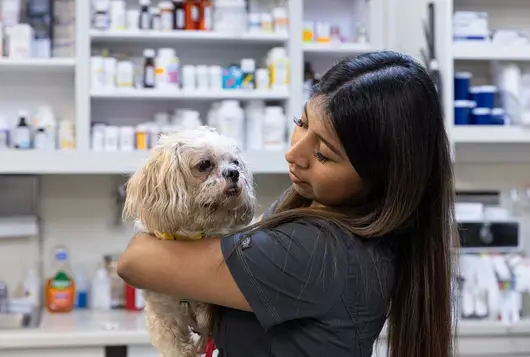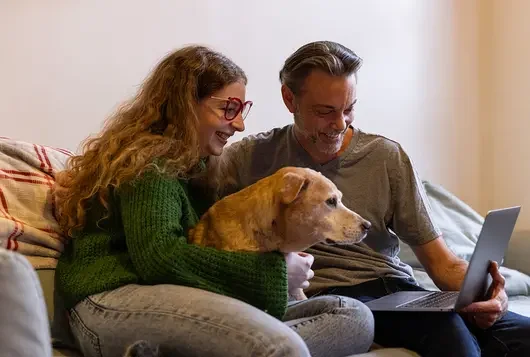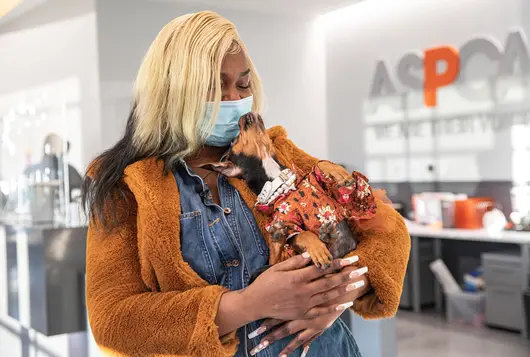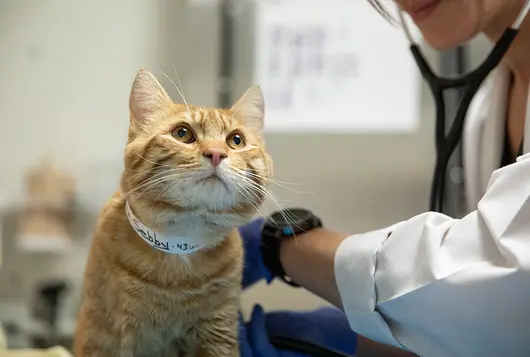Improving Canine Quality of Life through Efficient, Low-Cost Dental Care
About this Webinar
What to do about canine dental health is one of the hottest topics in accessible veterinary care today. While everyone agrees that all dogs would benefit from regular dental procedures, the cost of dental care (including digital dental radiography) is well beyond the reach of many pet owners. Many shelter and community clinics provide some dental care to patients but often do so with guilt and conflict about not being able to provide the extensive care needed (or even worry about practicing below the perceived standard of care).
In this webinar, we will present results from an ASPCA-funded study that investigated the impact of dental cleaning on the quality of life of canine patients. Additionally, we investigated how an empirical treatment plan (pulling any obvious loose or severely diseased teeth) compared to recommendations made from a blinded radiograph review. Finally, we documented the incidence of retained roots for dogs who had extractions and followed these dogs forward in time for 6 months. This project aimed to answer the question of whether or not providing some care was better than providing no care for patients with end-stage canine dental disease. As many dogs ideally need dental procedures as often as every year, it is essential to come up with an affordable approach
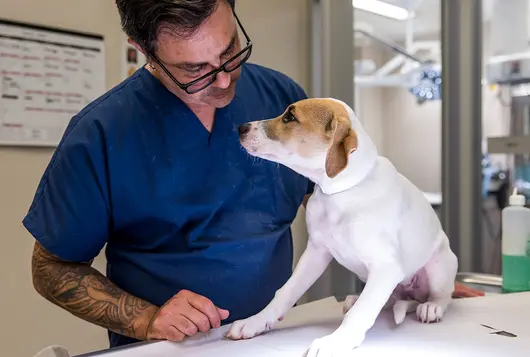
Takeaways
- Understand current controversies around canine dental care.
- Be able to describe strategies to make dentistry procedures more efficient.
- Discuss improving communication around dental care using spectrum of care approaches.
Credits
This program has been RACE approved for 1 hour of continuing education credit in jurisdictions that recognize RACE approval.
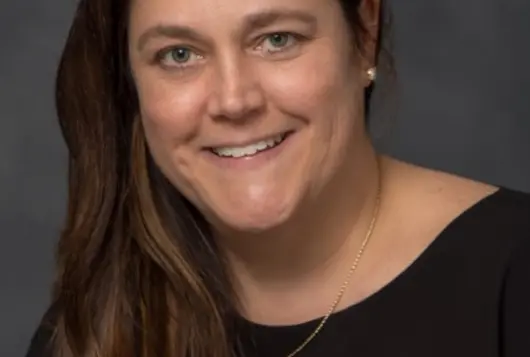
Emily McCobb, DVM MS DACVAA
Associate Clinical Professor, Tufts University
Dr. Emily McCobb is a clinical professor of Anesthesiology and Community Medicine at Cummings School of Veterinary Medicine, Tufts University. Dr. McCobb supports community programs at the Cummings School and assisted in opening the Tufts at Tech Community Veterinary Clinic in 2012. She is a board certified veterinary anesthesiologist and oversees shelter medicine, community outreach and the on campus spay neuter clinic. Her interests include companion animal welfare; access to care and anesthesia for spay neuter programs. She teaches in the Animals and Public Policy Masters’ program and in all four years of the DVM curriculum. Her research address a variety of companion animal welfare topics but recently has focused on developing the evidence base for a spectrum of care approach, including effective, low cost treatment plans. Dr. McCobb received her DVM from Tufts University in 2000 and completed her internship at Angell Memorial Animal Hospital in 2001. She obtained a Masters of Animals and Public Policy also from Tufts in 2002 and completed a residency and board certification in Anesthesiology and Pain Management in 2006. She helped launched the surgical practice at Tufts VETS before joining the Cummings School faculty in 2009. She is a past board president of the Massachusetts Animal Coalition and currently serves on the SMART board.
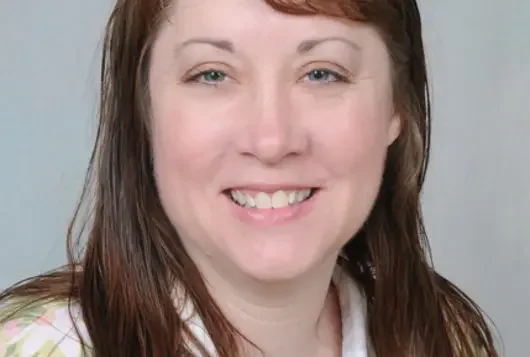
Elizabeth Rozanski, DVM, DACVECC, DACVIM (SA-IM)
Associate Professor, Tufts University
Elizabeth Rozanski is a graduate of the University of Illinois CVM and is focused on emergency and critical medicine, where there is a huge need for access to care. Rozanski has worked at Tufts University for most of her career.

